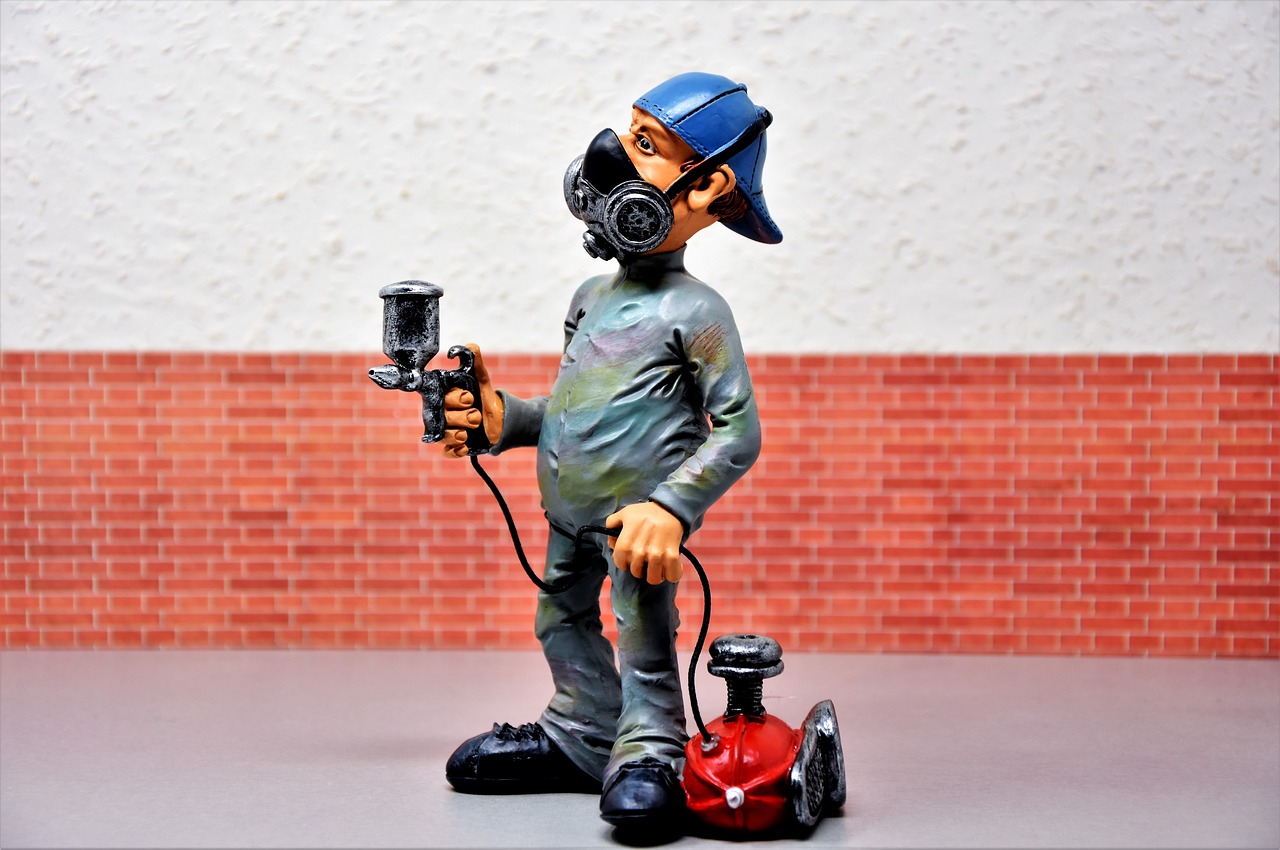How Pharmacies Are Supporting Behavioral Health Programs: All panel 777.com login, Laserbook247, 99exch
all panel 777.com login, laserbook247, 99exch: Pharmacies play a crucial role in supporting behavioral health programs by providing access to medications and resources that are essential for managing mental health conditions. In recent years, the role of pharmacies in supporting behavioral health programs has expanded to include a range of services aimed at improving patient outcomes and promoting mental wellness.
Medication Management
One of the key ways pharmacies support behavioral health programs is through medication management. Pharmacists play a vital role in ensuring patients receive the correct medications, understand how to take them properly, and are aware of any potential side effects. By working closely with patients and healthcare providers, pharmacists can help optimize medication therapy and improve treatment outcomes for individuals with mental health conditions.
Education and Counseling
Pharmacists also provide education and counseling to patients on their medications and overall mental health. They can offer information on the importance of adherence to treatment plans, as well as provide guidance on lifestyle modifications and coping strategies. Pharmacists may also refer patients to other healthcare providers or support services as needed to ensure comprehensive care.
Access to Resources
Pharmacies are a valuable resource for individuals seeking information and support for their mental health. Many pharmacies have partnerships with local mental health organizations and can provide referrals to support groups, counseling services, and other resources. Pharmacies may also offer educational materials and resources on mental health conditions to help raise awareness and reduce stigma.
Collaboration with Healthcare Providers
Pharmacies work closely with healthcare providers, including doctors, therapists, and social workers, to ensure coordinated care for patients with mental health conditions. Pharmacists may communicate with other providers to clarify medication orders, address drug interactions, or discuss treatment plans. By fostering collaboration among healthcare professionals, pharmacies can help improve outcomes for individuals receiving behavioral health services.
Community Outreach
Pharmacies often engage in community outreach activities to raise awareness about mental health issues and promote access to resources. This may include hosting educational events, participating in health fairs, or partnering with local organizations to provide screenings or support services. By reaching out to the community, pharmacies can help reduce barriers to care and improve mental health outcomes for individuals in need.
Advocacy and Policy
Pharmacies may also advocate for policies and programs that support behavioral health initiatives at the local, state, or national level. By working with policymakers and stakeholders, pharmacies can help shape initiatives aimed at improving mental health services, increasing access to care, and reducing barriers to treatment. Pharmacies can be powerful advocates for individuals with mental health conditions, helping to ensure they receive the support and resources they need to thrive.
In conclusion, pharmacies are essential partners in supporting behavioral health programs and promoting mental wellness. Through medication management, education, access to resources, collaboration with healthcare providers, community outreach, and advocacy, pharmacies play a vital role in improving outcomes for individuals with mental health conditions. By working together with patients, healthcare providers, and the community, pharmacies can help ensure that individuals receive the care and support they need to live healthy, fulfilling lives.
FAQs
Q: How can I access mental health resources at my local pharmacy?
A: You can ask your pharmacist for information on mental health resources available in your community or inquire about support services and educational materials.
Q: Can pharmacists provide counseling for mental health issues?
A: While pharmacists can offer information and support on medication management and general mental health topics, they are not licensed counselors. They may refer you to a mental health professional for counseling services.
Q: How can pharmacies help reduce stigma surrounding mental health?
A: Pharmacies can participate in community outreach activities, provide educational materials on mental health, and promote awareness campaigns to help reduce stigma and increase understanding of mental health issues.
Q: What should I do if I have concerns about my mental health medication?
A: Speak with your pharmacist or healthcare provider if you have any concerns about your medication, such as side effects or adherence issues. They can help address your concerns and make adjustments to your treatment plan if needed.







